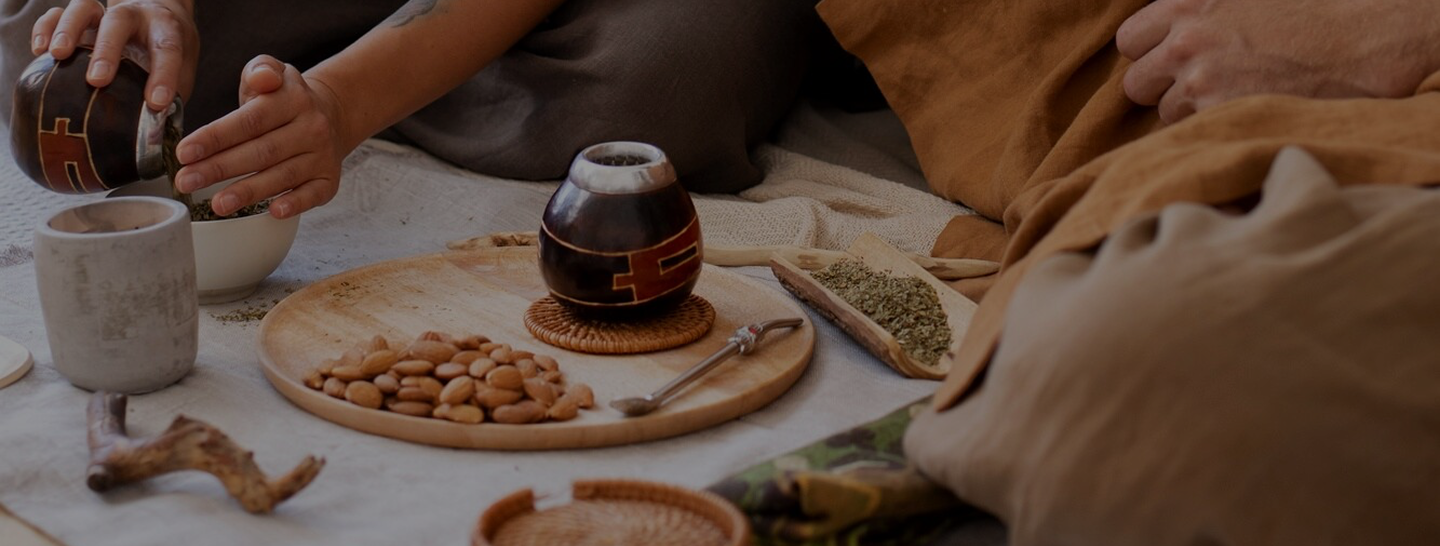The combination of Ayurveda, yoga, and Kalaripayattu offers a comprehensive approach to well-being that nurtures the body, mind, and spirit. By integrating these practices, individuals can experience improved physical health, mental clarity, emotional balance, and spiritual growth. Whether you are a practitioner of one or all three, the synergy between them can lead to a richer, more fulfilled life.
Ayurveda is an ancient system of medicine that originated in India over 3,000 years ago. The term "Ayurveda" is derived from the Sanskrit words "Ayur" (life) and "Veda" (knowledge), meaning "the knowledge of life." It is based on the belief that health and wellness depend on a delicate balance between the mind, body, and spirit.
Yoga as Preparation: Use yoga to enhance flexibility and strength, which are essential in Kalaripayattu. Specific postures can help practitioners prepare their bodies for the intense physical demands of martial training.
Kalaripayattu Training: Engage in Kalaripayattu to develop physical agility, reflexes, and coordination, applying the strength and balance gained through yoga.
Adopt Ayurvedic dietary principles to support training. Depending on the individual's dosha, specific foods can boost energy, improve recovery, and enhance overall health. For example, a Vata person might focus on grounding, nourishing foods, while a Pitta individual might seek cooling, calming options.
Utilize meditation practices alongside martial training to cultivate mental clarity and focus. This is important in Kalaripayattu, where mental sharpness can be as crucial as physical skill.
Integrate pranayama techniques from yoga into Kalaripayattu practice. Proper breath control can enhance endurance and focus during both yoga and martial arts training.
Explore the philosophical aspects of yoga and Ayurveda, which emphasize self-awareness, balance, and harmony. These principles can enhance the practice of Kalaripayattu by fostering a deeper understanding of oneself and one's actions.
Embrace an Ayurvedic lifestyle that complements the physical efforts of both yoga and Kalaripayattu. This includes establishing a daily routine (dinacharya), prioritizing sleep, and managing stress through relaxation techniques.
Use Ayurvedic healing methods (e.g., herbal remedies, oils, and treatments like Abhyanga) to support recovery after rigorous practice. This can help reduce soreness, prevent injury, and promote overall wellness.
Email: aditiayurness@gmail.com
Phone: +91 8156 804104
Address: Temple road, South cliff Varkala, Thiruvananthapuram, Kerala, India
